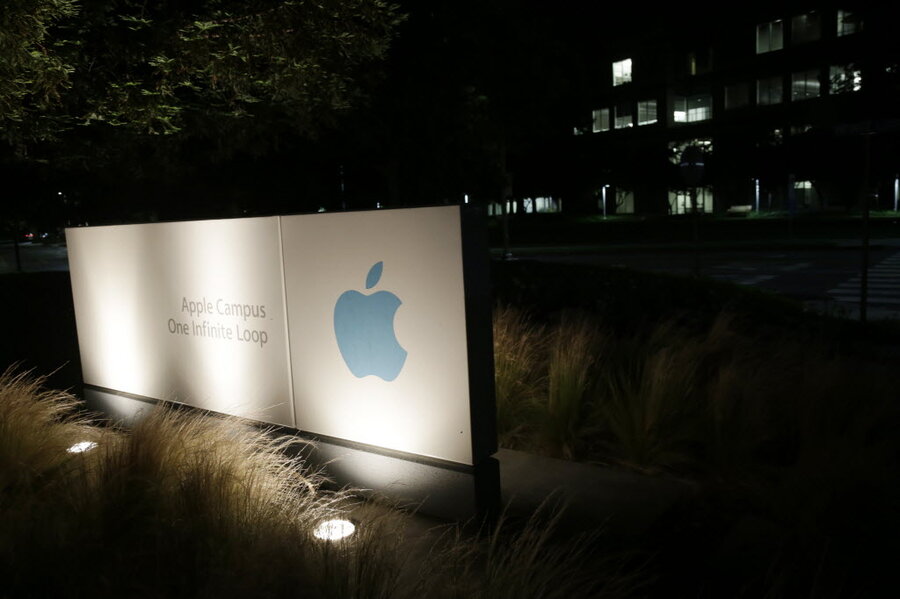Apple responds to PRISM with privacy statement
Loading...
Apple received between 4,000 and 5,000 data requests for customer data from US law enforcement over a period of six months ending this May and said that it denied the government direct access to its servers.
The company’s statement came after the nine Internet connection companies involved in the PRISM surveillance program have come under increased scrutiny for releasing user information to the National Security Administration.
“Regardless of the circumstances, our Legal team conducts an evaluation of each request, and only if appropriate, we retrieve and deliver the narrowest possible set of information to the authorities,” the statement reads.
“Regardless of the circumstances, our Legal team conducts an evaluation of each request, and only if appropriate, we retrieve and deliver the narrowest possible set of information to the authorities,” the statement reads.
To fulfill government requests, Apple has released information from between 9,000 and 10,000 accounts or devices from Dec. 1, 2012 to May 31, 2013.
The company also assures users that they do not “collect or maintain a mountain of personal details about [its] customers.”
“Conversations which take place over iMessage and FaceTime are protected by end-to-end encryption so no one but the sender and receiver can receive them,” the statement reads. Apple also says that it does not store customers’ location, map searches or Siri requests in “any identifiable form”; the company did not elaborate as to what this identifiable form is.
The Obama administration has not granted permission to any of the nine companies involved in the Prism program to release details about how many of the requests pertain to national security. Federal, state, and local information requests were lumped together, and included both criminal investigations and national security matters.
“The most common form of request comes from police investigating robberies and other crimes, searching for missing children, trying to locate a patient with Alzheimer’s disease, or hoping to prevent a suicide,” Apple's statement reads.
The company's statement comes two days after Facebook and Microsoft released similar information about the government’s data information requests. Facebook received between 9,000 and 10,000 government requests in the last six months of 2012, and Microsoft had between 6,000 and 7,000 requests.
While Google has taken part in efforts to pressure the Obama administration to allow companies more leeway in releasing information about national security requests, the company has kept silent about how many government information requests it has received. In a statement, Google says it prefers to wait until it can offer more details about the types of information requests it receives.
“We already publish criminal requests separately from national security letters,” Google says in a statement. “Lumping the two categories together would be a step back for users. Our request to the government is clear: to be able to publish aggregate numbers of national security requests, including FISA disclosures, separately.”
All Internet companies involved in PRISM have denied that they knew about its existence before the Guardian and Washington Post exposed the data collection program in early June.








